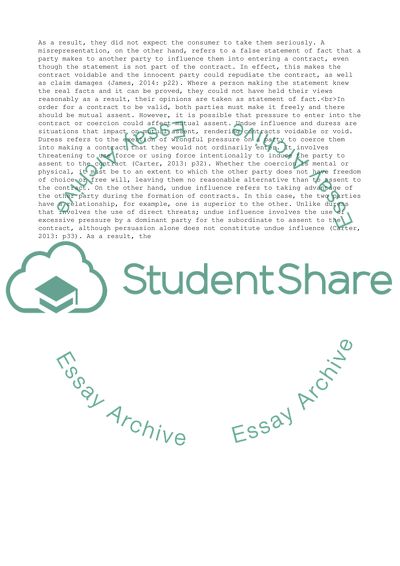Cite this document
(“Part A-Contract law Part B- Case study (letter)”, n.d.)
Retrieved from https://studentshare.org/business/1658524-part-a-contract-law-part-b-case-study-letter
Retrieved from https://studentshare.org/business/1658524-part-a-contract-law-part-b-case-study-letter
(Part A-Contract Law Part B- Case Study (letter)
https://studentshare.org/business/1658524-part-a-contract-law-part-b-case-study-letter.
https://studentshare.org/business/1658524-part-a-contract-law-part-b-case-study-letter.
“Part A-Contract Law Part B- Case Study (letter)”, n.d. https://studentshare.org/business/1658524-part-a-contract-law-part-b-case-study-letter.


